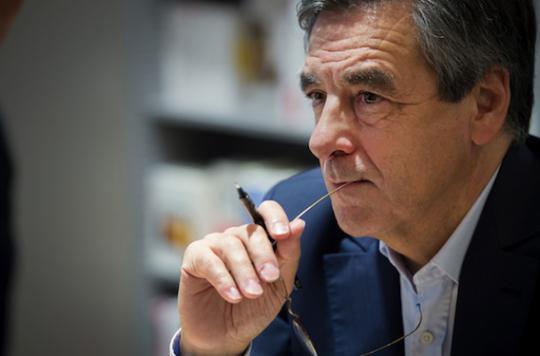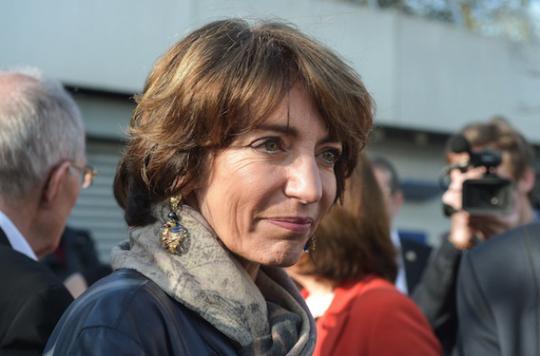VIDEO – On the eve of the last debate, the health spokespersons of the finalists confront their proposals on the future of the health system.

The last televised debate of the primary of the right and the center will take place this Thursday. It will oppose the two finalists: François Fillon and Alain Juppé. Two candidates who hardly spoke of health during their last oratorical games.
To know their intentions on the future of the health system, Why actor organized a debate between their spokespersons in the field.
Dominique Stoppa-Lyonnet, head of the genetics department at the Institut Curie in Paris and elected from the 5th arrondissement of the capital, defends the colors of François Fillon and Jean Leonetti, cardiologist, deputy mayor of Antibes, supports Alain Juppé.
Both doctors compared their proposals on the future of the hospital, the evolution of health insurance coverage, and medical deserts. Faced with experts, Internet users and journalists, they had 60 minutes to convince. And also to oppose. This is what sets them apart.
Work more without earning more
François Fillon, for example, wants to end the 35 hours for civil servants. And the hospital is concerned according to Professor Dominique Stoppa-Lyonnet. Health professionals will pay the price. The oncogeneticist explained that the latter will have to work 39 hours but paid 37 hours. The proposal is still unclear.
For Jean Leonetti, this is already an important point of divergence between the two programs. According to him, “one cannot say to a nurse given the current context:” you will do 39 hours but I will pay you only 35 “”. The mayor of Antibes also stressed that François Fillon planned not to replace 500,000 officials (with the hospital in this calculation) and to extend the retirement age. For the author of the law on the end of life, health professionals will quite simply be “victims of the triple punishment”.
Redefining care baskets
François Fillon also wants to empower patients by reviewing the respective roles of health insurance and complementary. Concretely, Professor Stoppa-Lyonnet confirms that the idea is to redefine the current basket of care. The first, called solidarity, would be covered by the Health Insurance “for serious illnesses and long-term illnesses”.
Beside, an individual care basket, supported by the insured or a complementary organization, would include other benign illnesses, such as colds, flu or the first consultations. “But not everything is written, everything needs to be improved,” said Dominique Stoppa-Lyonnet. It indicates, for example, that “pediatric illnesses should remain reimbursed by compulsory health insurance”.
Behind this reform, there is obviously the idea of increasing the participation of complementary health insurance which, at present, only manages 13.5% of health expenditure. Alain Juppé wants him to maintain the current level of protection, around 75% for public protection.
Jean Leonetti indeed finds that “the remainder of the charge is already very unequal between the French”. He also mocked the difficulties for François Fillon to define which care would be delegated to compulsory health insurance and those which fall under the complementary.
Apart from these two important points of divergence, it is clear that there are very similar flagship measures in the health programs. We can cite the repeal of the generalized third-party payment, the restructuring of the hospital, and the reaffirmation of liberal medicine.
Find our debate between the health spokespersons of the two finalists
of the primary from the right.
Dominique Stoppa-Lyonnet for François Fillon and Jean Leonetti for Alain Juppé
.















